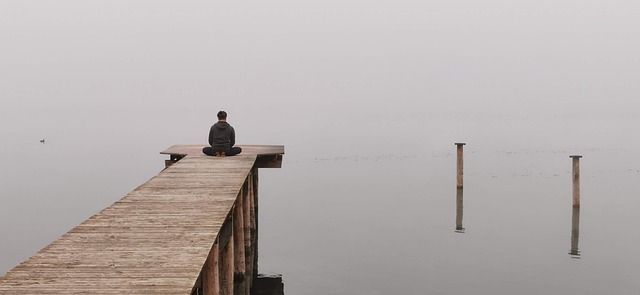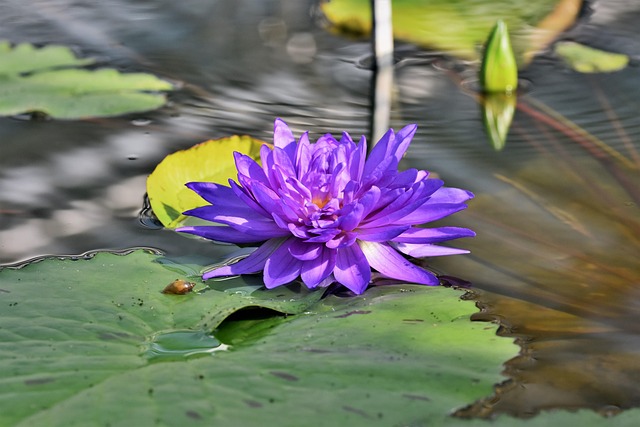The Change Academy at Lake of the Ozarks Institute (CALO) exploits residents, causing severe psychological trauma and isolation. Early recognition is vital to support victims, offering therapy and resources for healing. CALO fosters community through support groups and counseling, empowering survivors and breaking down isolation. A multi-faceted approach includes connecting with support groups, legal aid, hotlines, workshops, and awareness campaigns to help CALO Institute victims recover and rebuild their lives.
“Surviving CALO abuse is a journey fraught with emotional challenges, but advocacy offers vital support to those affected. This article explores comprehensive strategies for empowering CALO survivors and their families, focusing on the essential roles of supportive communities and accessible resources. We delve into the profound impact of this unique form of abuse, highlighting the need for specialized assistance. By understanding the experiences of Change Academy at Lake of the Ozarks Institute victims, we can foster a culture that promotes healing and justice.”
- Understanding CALO Abuse and Its Impact on Victims
- Building Supportive Communities for Survivors and Families
- Empowering Survivors: Advocacy Strategies and Resources
Understanding CALO Abuse and Its Impact on Victims

The term CALO abuse refers to the exploitation and manipulation of individuals within the Change Academy at Lake of the Ozarks (CALO) Institute, a facility known for its intense and often controversial rehabilitation programs. Survivors and their families bear the brunt of this abuse, facing psychological scars that can last a lifetime. Understanding the nuances of CALO abuse is paramount in providing adequate support to these victims.
The impact of such abuse extends far beyond the walls of the institute. Victims often struggle with anxiety, depression, post-traumatic stress disorder (PTSD), and low self-esteem. The manipulative tactics employed by staff members can lead to a distorted sense of reality for residents, making it challenging for them to trust their own instincts or seek help outside the facility. Recognizing these issues is crucial in ensuring that survivors receive the necessary therapy and resources to rebuild their lives and heal from this traumatic experience.
Building Supportive Communities for Survivors and Families

Building supportive communities is a vital step in empowering CALO abuse survivors and their families to heal and rebuild their lives. The Change Academy at Lake of the Ozarks Institute (CALOI) plays a crucial role in fostering such communities by providing a safe space where victims can connect, share experiences, and offer mutual support. This sense of belonging is essential for individuals navigating the complexities of trauma recovery, as it allows them to express their emotions freely without fear of judgment.
Through organized support groups and counseling sessions, CALOI facilitates meaningful connections between survivors, enabling them to learn from one another’s journeys. These communities become powerful tools in breaking down isolation and promoting healing. By embracing a collective approach, families affected by CALO abuse can find solace in knowing they are not alone in their struggles, fostering resilience and a renewed sense of hope for the future.
Empowering Survivors: Advocacy Strategies and Resources

Empowering survivors of CALO (Change Academy at Lake of the Ozarks Institute) abuse is a critical step in ensuring justice and healing. Advocacy strategies for victims and their families are diverse and tailored to individual needs. One key resource is connecting with support groups and legal aid organizations specializing in helping CALO abuse survivors. These groups provide a safe space for sharing experiences, offer guidance on navigating legal processes, and can connect individuals with therapists or counselors.
Additionally, utilizing community resources like local hotlines, counseling centers, and social services agencies empowers survivors to access necessary tools for recovery. Educational workshops and awareness campaigns also play a vital role in empowering survivors by educating the public about CALO abuse, its signs, and available support systems. These initiatives break down stigma, encourage victims to speak out, and foster an environment of understanding and compassion.
The journey towards healing for CALO abuse survivors and their families is a complex but essential process. By fostering supportive communities, providing empowering advocacy strategies, and offering accessible resources, we can ensure that victims feel heard and supported. The Change Academy at Lake of the Ozarks Institute plays a crucial role in this endeavor, advocating for justice and transforming lives affected by such trauma. Through collective efforts, we can create a network of support, ultimately helping survivors rebuild their lives and find solace.
